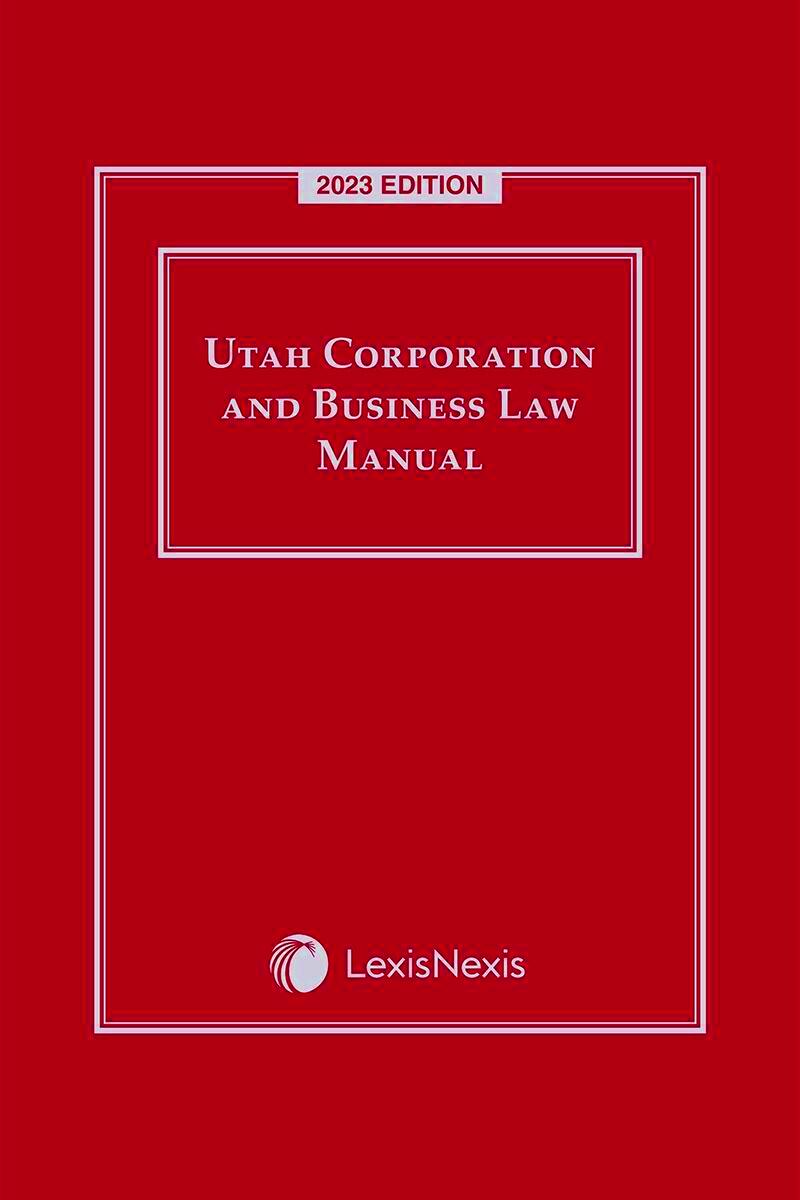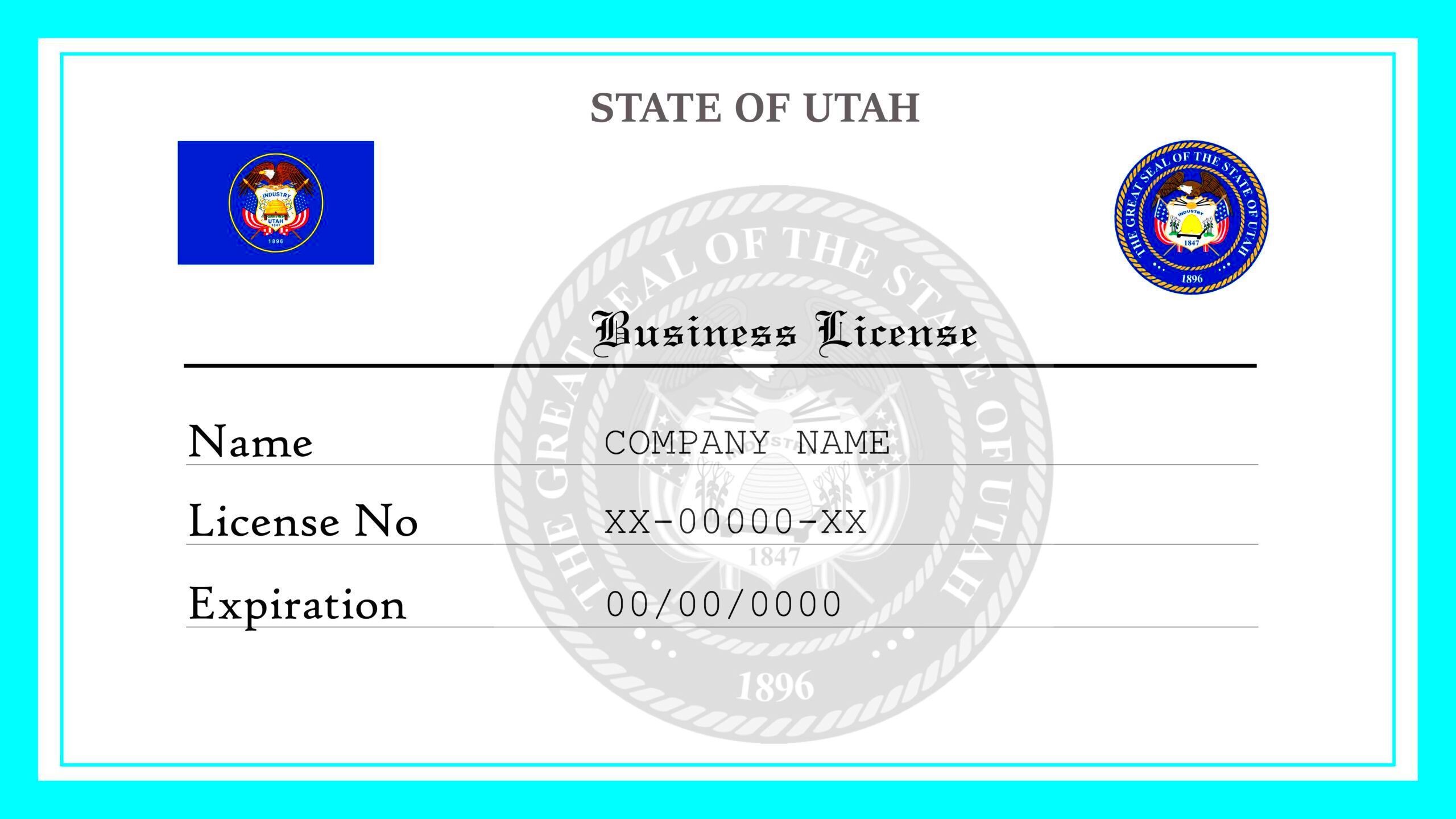Utah Business Laws: What You Need to Know
Understanding business laws in Utah is essential for anyone looking to start or operate a business in the state. These laws govern how businesses must function, ensuring compliance with local regulations and protecting the rights of business owners and consumers alike. From choosing the right business structure to securing necessary licenses, being informed can save time and money in the long run. This post will cover various aspects of Utah business laws, making it easier for entrepreneurs to navigate the legal landscape.
Types of Business Entities in Utah

Choosing the right business entity is a crucial step in setting up your business. In Utah, you can select from several types of business structures, each with its advantages and disadvantages. Here’s a quick overview:
- Sole Proprietorship: A simple structure owned by one person. It’s easy to set up, but the owner is personally liable for all debts.
- Partnership: An arrangement where two or more people manage and operate a business together. Partners share profits, losses, and responsibilities.
- Limited Liability Company (LLC): A hybrid structure that offers the liability protection of a corporation with the tax benefits of a partnership.
- Corporation: A legal entity separate from its owners, providing limited liability. However, it requires more regulatory compliance and record-keeping.
- S Corporation: A special type of corporation that avoids double taxation by passing income to shareholders.
Choosing the right entity affects your taxes, liability, and operational flexibility, so consider your options carefully.
Business Licenses and Permits in Utah

Before starting your business in Utah, you’ll need to secure the necessary licenses and permits. These can vary based on your business type, location, and industry. Here’s a list of common licenses and permits you may need:
- Business License: Most businesses require a general business license from the city or county where they operate.
- Professional Licenses: Certain professions, such as doctors or lawyers, need additional licenses to practice legally.
- Health Permits: If you’re in the food industry, you’ll need health permits to ensure compliance with health codes.
- Sales Tax Permit: If you sell tangible goods, you must collect sales tax and register for a sales tax permit.
- Zoning Permits: Check local zoning laws to ensure your business location is compliant.
Remember to check both state and local regulations, as requirements can vary. It’s wise to consult a legal expert to ensure you have all the necessary documentation before launching your business.
Employment Laws and Regulations in Utah

Understanding employment laws in Utah is vital for business owners and employees alike. These laws govern various aspects of the workplace, including hiring, firing, wages, and working conditions. Knowing your rights and obligations can foster a healthy work environment and help prevent legal issues. Here are some key areas of employment law to consider:
- At-Will Employment: Utah follows the at-will employment doctrine, meaning employers can terminate employees for almost any reason, as long as it’s not illegal.
- Minimum Wage: As of 2024, the minimum wage in Utah is $7.25 per hour. However, employers may choose to pay more based on market conditions.
- Overtime Pay: Employees must receive time and a half for hours worked over 40 in a workweek, as mandated by federal law.
- Anti-Discrimination Laws: Employers cannot discriminate based on race, color, religion, sex, national origin, age, disability, or genetic information.
- Workers’ Compensation: Utah requires most employers to carry workers’ compensation insurance to cover employees injured on the job.
Being informed about these laws can help you create a fair and safe workplace, benefiting both employees and the business itself.
Tax Obligations for Businesses in Utah
When running a business in Utah, understanding your tax obligations is crucial to ensure compliance and avoid penalties. Here’s a breakdown of the key taxes you may encounter:
- State Income Tax: Utah has a flat state income tax rate of 4.85%. Businesses should prepare for this when calculating their overall tax liability.
- Sales and Use Tax: The state has a base sales tax rate of 4.85%. Local jurisdictions may add additional taxes, so check the rates in your area.
- Franchise Tax: Utah does not impose a franchise tax, which can be beneficial for corporations and LLCs.
- Property Tax: Businesses may be subject to property tax on real and personal property, assessed by local authorities.
- Unemployment Insurance Tax: Employers must pay state unemployment taxes, which fund unemployment benefits for workers.
It’s essential to keep accurate records and file your taxes on time. Consulting with a tax professional can help you navigate these obligations and take advantage of any deductions available to your business.
Contracts and Agreements in Utah Business
Contracts are a fundamental part of doing business in Utah, laying out the rights and responsibilities of each party involved. Understanding how contracts work can protect your interests and help avoid disputes. Here are some important aspects of contracts and agreements to keep in mind:
- Types of Contracts: Common types of contracts include employment agreements, lease agreements, and sales contracts. Each serves a specific purpose and should be tailored to the needs of the parties involved.
- Enforceability: For a contract to be enforceable in Utah, it must have an offer, acceptance, consideration, and legal purpose.
- Written vs. Oral Contracts: While some contracts can be oral, having a written contract is always advisable, as it provides clear evidence of the terms agreed upon.
- Contract Breach: If one party fails to fulfill their contractual obligations, it may be considered a breach. The non-breaching party can seek remedies, such as damages or specific performance.
- Consultation with Legal Experts: It’s often beneficial to work with a lawyer when drafting or reviewing contracts to ensure they comply with state laws and protect your interests.
By understanding contracts and agreements, you can create stronger business relationships and minimize the risk of legal complications in Utah.
Dispute Resolution Options in Utah
When disagreements arise in business, having effective dispute resolution options can save time, money, and stress. In Utah, there are several ways to resolve disputes, whether between business partners, employees, or clients. Here’s a look at some common methods:
- Mediation: This informal process involves a neutral third party helping the disputing parties reach a mutually acceptable solution. Mediation is often quicker and less expensive than litigation.
- Arbitration: In arbitration, a neutral third party makes a binding decision after hearing arguments from both sides. This process is more formal than mediation but generally less formal than court proceedings.
- Litigation: If mediation and arbitration do not resolve the issue, you may need to take the dispute to court. This process can be lengthy and costly but is sometimes necessary for more serious matters.
- Small Claims Court: For disputes involving smaller amounts of money, Utah has a small claims court that offers a streamlined process for resolving issues quickly and efficiently.
- Negotiation: Sometimes, simply talking it out can lead to a resolution. Open communication can help parties find common ground without involving third parties.
Choosing the right method depends on the nature of the dispute, the relationship between the parties, and the desired outcome. Knowing these options can help you handle conflicts more effectively in your business.
FAQ about Utah Business Laws
It’s common to have questions about business laws in Utah, especially if you’re new to entrepreneurship. Here are some frequently asked questions:
- What is the process for starting a business in Utah? Starting a business typically involves choosing a business structure, registering your business name, obtaining necessary licenses, and setting up your tax accounts.
- Do I need a business license in Utah? Yes, most businesses need a general business license from the city or county where they operate, along with any specific permits related to your industry.
- What are my rights as an employee in Utah? Employees in Utah have rights regarding fair wages, safe working conditions, and protection against discrimination. Familiarizing yourself with these rights can help ensure a fair workplace.
- How do I resolve a business dispute? Consider mediation or arbitration before resorting to litigation. These options can often resolve disputes faster and at a lower cost.
- What taxes do businesses need to pay in Utah? Businesses in Utah may be subject to state income tax, sales tax, property tax, and unemployment insurance taxes, among others.
Understanding these common questions can help clarify your obligations and rights as a business owner in Utah.
Conclusion on Understanding Utah Business Laws
Grasping Utah business laws is crucial for anyone looking to start or run a business in the state. From selecting the right business entity to understanding employment regulations and resolving disputes, each aspect plays a vital role in your business’s success. By staying informed and compliant, you can create a strong foundation for your business and protect your interests. Remember, consulting with legal professionals when necessary can provide valuable guidance and ensure you navigate the legal landscape effectively. Ultimately, understanding these laws not only helps in meeting legal obligations but also fosters a positive business environment that can lead to growth and success.


